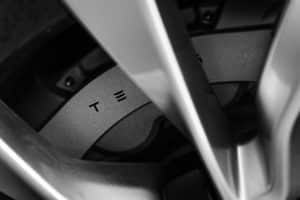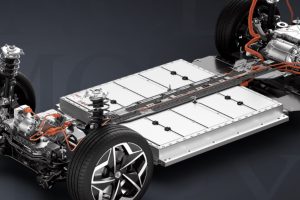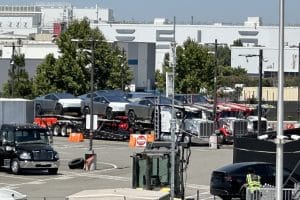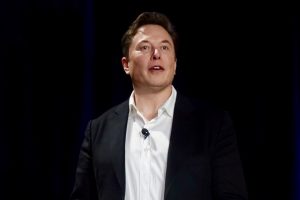- 🌍 Venezuela’s President Nicolás Maduro named Elon Musk “arch-enemy.”
- 🗳️ Maduro declared the winner of the presidential election with 51% of the vote.
- 🎧 Opposition claims Maduro’s victory was fraudulent and demands a review.
- 🇺🇸 US Secretary of State Antony Blinken expressed skepticism about Maduro’s win.
- 🛰️ Maduro accused Musk of using space rockets to “invade” Venezuela.
- 😂 Musk responded to accusations with a joke about space lasers.
- 🚀 Elon Musk’s stance received positive feedback from some Venezuelan social media users.
- 🌐 The Organization of American States condemned the election process in Venezuela.
In a surprising turn of events, Tesla CEO Elon Musk has become the central figure in a political maelstrom in Venezuela. President Nicolás Maduro has dubbed Musk as his “arch-enemy,” igniting a controversy that ties technology, politics, and international relations into a complex knot. Let’s break down what happened, analyze the reactions, and understand the implications for both parties involved.
The Unfolding Drama
Nicolás Maduro’s Declaration
Venezuela recently held its highly contentious presidential election, with Nicolás Maduro being declared the winner by the National Electoral Council (NEC). According to the NEC, Maduro secured 51% of the vote, narrowly defeating the opposition candidate, Edmundo González, who received 44%. However, the announcement was met with skepticism, allegations of fraud, and demands for a thorough review by opposition leaders.
Claims of Fraud
Opposition leader Maria Corina Machado and other representatives have argued that the election results were manipulated and have called for an independent investigation. Such allegations have added fuel to an already volatile political situation in Venezuela, casting a shadow on Maduro’s victory.
International Skepticism
The global community, including U.S. Secretary of State Antony Blinken, has expressed serious concerns about the legitimacy of Maduro’s claims. Blinken’s skepticism underscores the broader unease about the political climate in Venezuela, which has been marred by accusations of corruption and electoral misconduct for years.
The Musk Factor
Accusations from Maduro
In a surprising development, President Maduro accused Elon Musk of having sinister intentions towards Venezuela. He proclaimed Musk to be Venezuela’s “arch-enemy” and suggested that the tech mogul was planning to invade Venezuela using space rockets. Such dramatic claims have garnered widespread attention and ridicule.
Musk’s Response
True to his characteristic style, Elon Musk responded to Maduro’s accusations with a touch of humor. On social media platform X, formerly known as Twitter, Musk joked about the claim, asking if Maduro had space lasers, and suggested that he did – likely a tongue-in-cheek reference to Starlink satellites, which lack any military capability. Musk’s witticism resonated with his followers, gaining him further support among some Venezuelan social media users.
Reactions and Implications
Social Media Buzz
The altercation between Musk and Maduro has created a significant buzz on social media platforms. Musk’s jocular response has been met with amusement and solidarity among users, many of whom see the spat as an emblematic clash between authoritarian governance and free-market innovation.
The Role of the Organization of American States
The Organization of American States (OAS) has also weighed in on the matter, condemning the electoral process in Venezuela. The OAS’s statement emphasized that Maduro’s regime had applied a “repressive scheme designed to distort the electoral results.” This condemnation adds an extra layer of international pressure on Maduro’s administration.
Insights and Opinions
The Power of Technology and Influence
Elon Musk’s involvement in this political narrative highlights the growing influence of tech moguls in global affairs. Musk, primarily known for his groundbreaking work with Tesla and SpaceX, has increasingly found himself in the crosshairs of political controversy. His ability to shape public opinion through social media showcases the power that tech leaders hold in today’s digital age.
The Fragility of Electoral Democracies
The controversy also serves as a poignant reminder of the fragility of electoral democracies in certain regions. The accusations of fraud and the resultant international skepticism reflect the ongoing struggle for genuine democratic reforms in Venezuela.
A Final Thought
While the Musk-Maduro feud might seem like a sideshow, it actually unearths deeper concerns about democracy, governance, and the role of technology in shaping global narratives. As we continue to monitor this unfolding story, it serves as a testament to the interconnected nature of our world, where boundaries between technology and politics are increasingly blurred.
Understanding the dynamics between an influential tech entrepreneur and a beleaguered political regime offers fertile ground for debate and reflection. As this story evolves, it will undoubtedly provide further insights into the complex interplay between innovation and authority.





